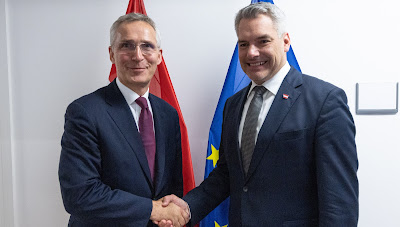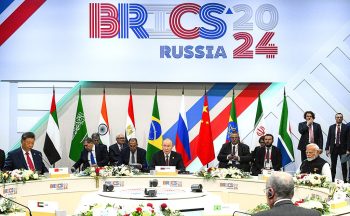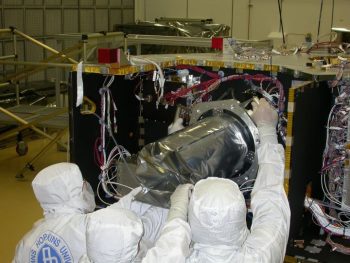NATO and EU release final assessment report on resilience of critical infrastructure
GEÓ NewsTeam 2 years agoAuthor
-

Broadcasting Daily from Gibraltar Newsroom our dedicated desk editors and newsdesk team of Professional Journalists and Staff Writers work hand in hand with our established network of highly respected Correspondents & regional/sector specialist Analysts strategically located around the Globe (HUMINT) Our individual Desk Editors all have specific subject authority as Journalists, Researchers and Analysts covering AI, Autonomous Transport, Banking & Finance Technology, Cybersecurity, GeoCrime, Defence 3.0, Energy & Renewables, BioEconomy and Transport & Logistics. Contact the NewsTeam at [email protected]
View all posts









